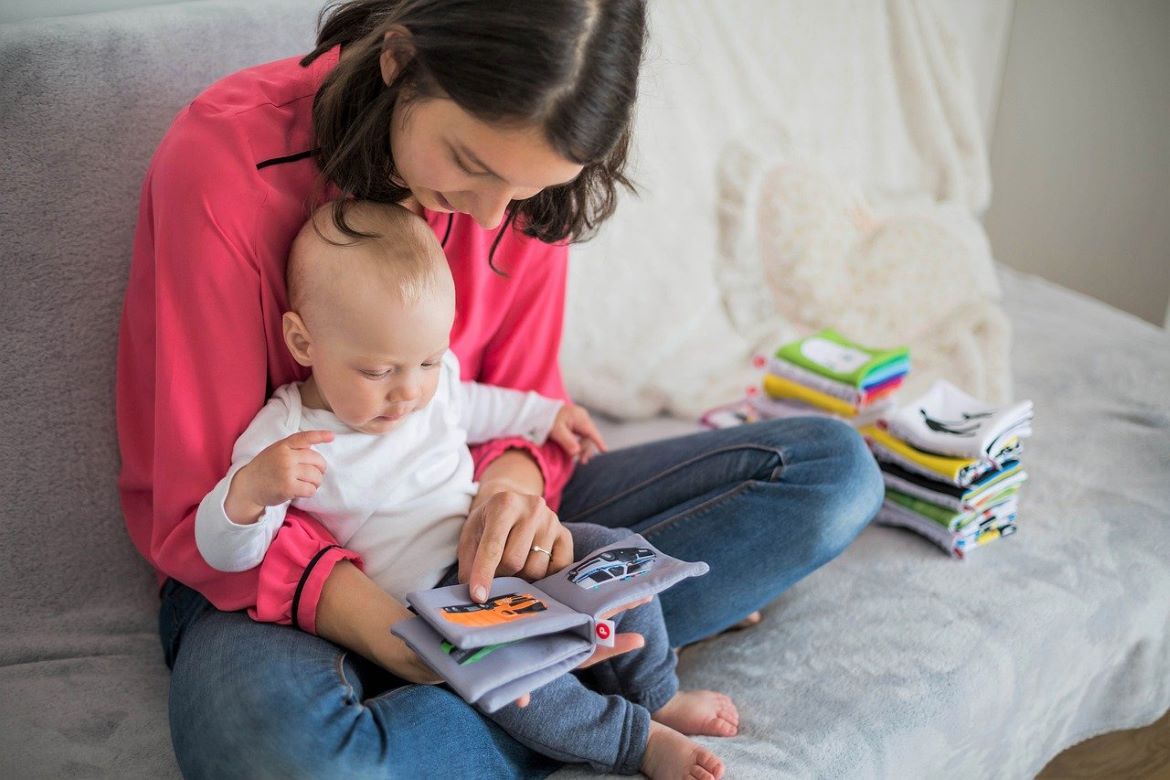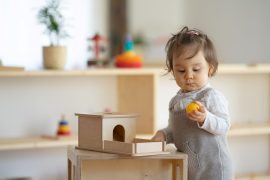By Kathryn Macfarlane, Ph.D. (App. Ling.)
Ko taku reo taku ohooho,
ko taku reo taku mapihi mauria…
My language is my awakening,
my language is the window to my soul…
The way we think defines who we are: our beliefs, our values, our perceptions, our logic and reasoning. We think through language-take away a child’s language, and you take away an integral part of who they are, who they have been. On the other hand, when children or adults broaden their language repertoire and learn to think, learn to be, in an additional language, who they are expands… they become something more.
Particularly in English-dominant communities, many monolingual parents watch in awe as bilingual toddlers prattle away in two, or even three or more, languages. The ease with which these young children slip in and out of their multiple languages masks the effort which parents and caregivers have put into this language development for their tamariki.
Bilingual parenting can be hard. Maintaining a home language when surrounded by a different, dominant language in the community and at school takes perseverance and commitment. Especially if well-meaning (but ill-informed) educators recommend you focus on helping your child ‘catch up’ in the language of schooling. But if you abandon your home language for the sake of providing additional input in English, you are doing your children a great disservice. The best way to help them succeed at school is to help them become strong in both their languages; in all four skills of understanding, speaking, reading and writing. Literacy is a powerful tool. Being biliterate is a powerful academic advantage.
Bilingual parenting can be hard. Maintaining a home language when surrounded by a different, dominant language in the community and at school takes perseverance and commitment.
I certainly found it much easier to raise my own children bilingually in France (surrounded by English, with English materials readily available), compared to maintaining their French when we moved to live in Australia. As pre-adolescents, they didn’t want to appear ‘different’ by speaking French with me in front of their peers. As teenagers, they were ambivalent about studying French at school. But with encouragement (and possibly at times some bribery involved), their French has served them well as adults-most importantly of all, it has allowed them to maintain connections with their French family, some of whom don’t speak English. Despite their earlier reluctance, all three of my sons have come to realise the benefits of being bilingual. My eldest son and his Malaysian-born wife will pass on their multilingual, multicultural heritage to my grandson – he will be one very lucky little boy.
Bilingual parents need support and encouragement to pass their cultural heritage and identity on to their children, especially when living in a community in which their language has no official status.
But what about monolingual parents? How can you give that advantage to your children? Is it even possible? While your children may not prattle away with the same fluency as those of bilingual families, there are certainly things you can do to give them a multilingual experience.











